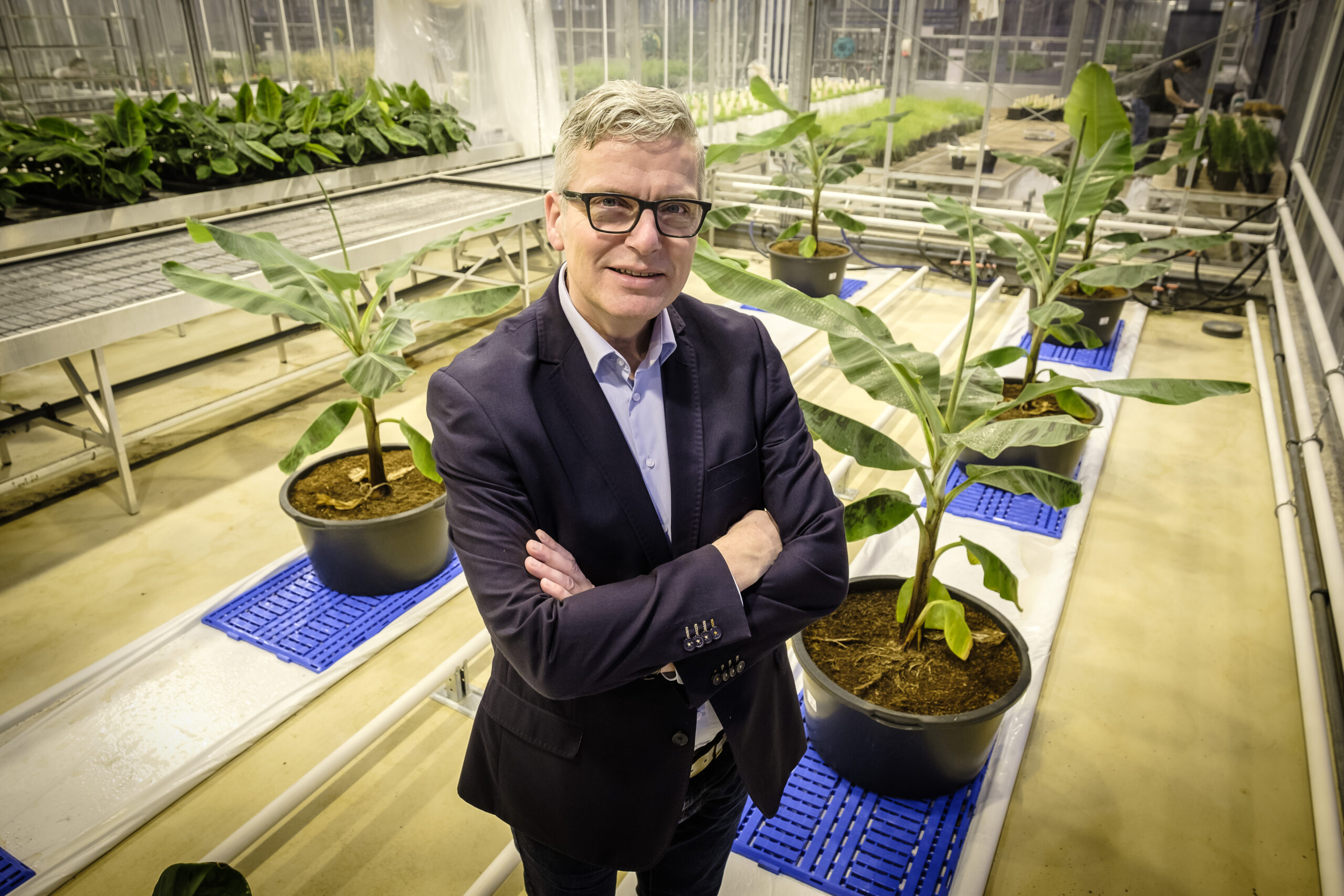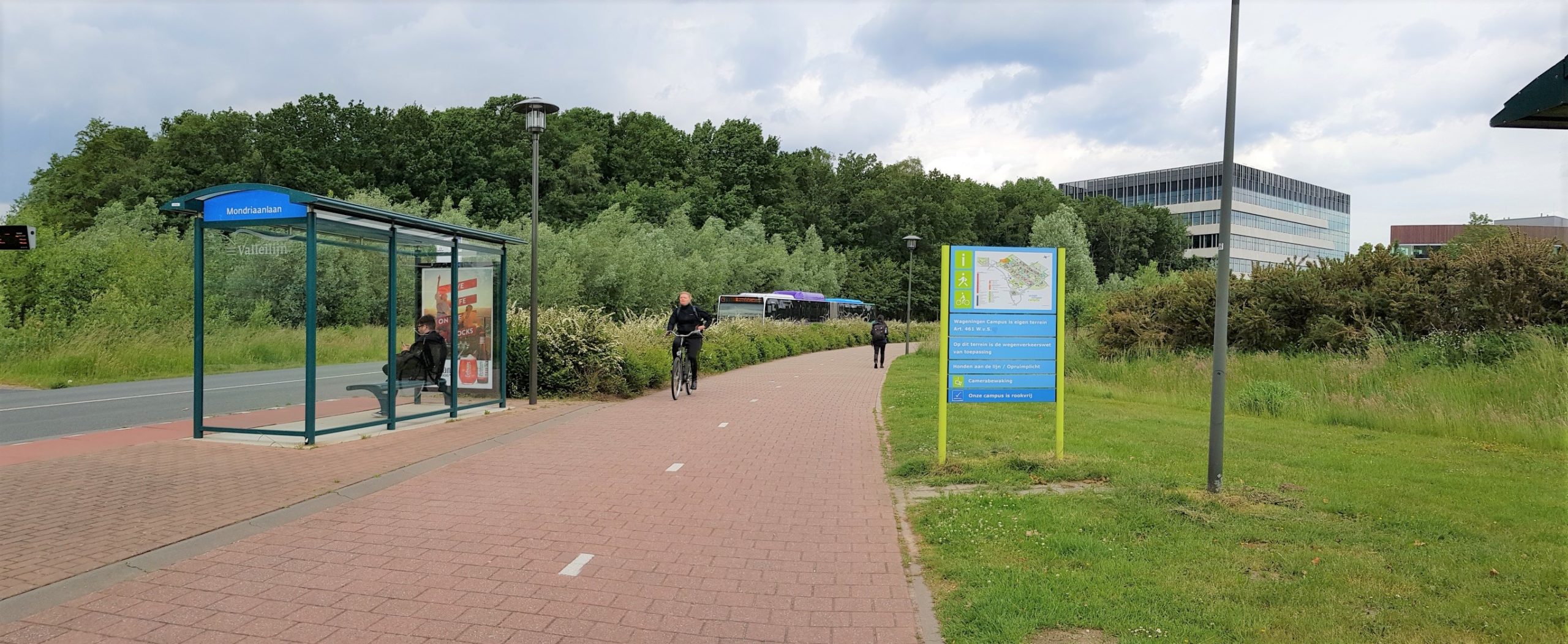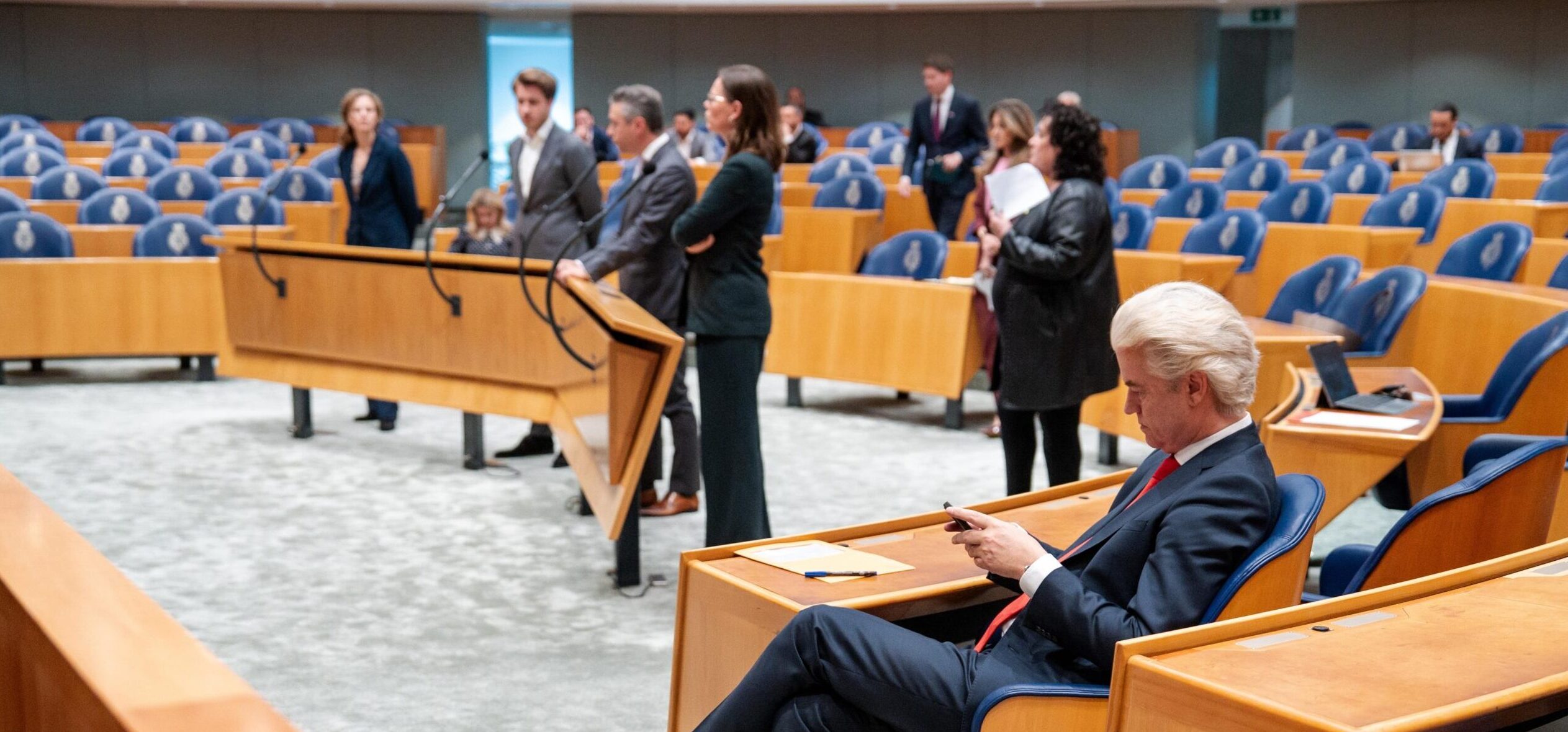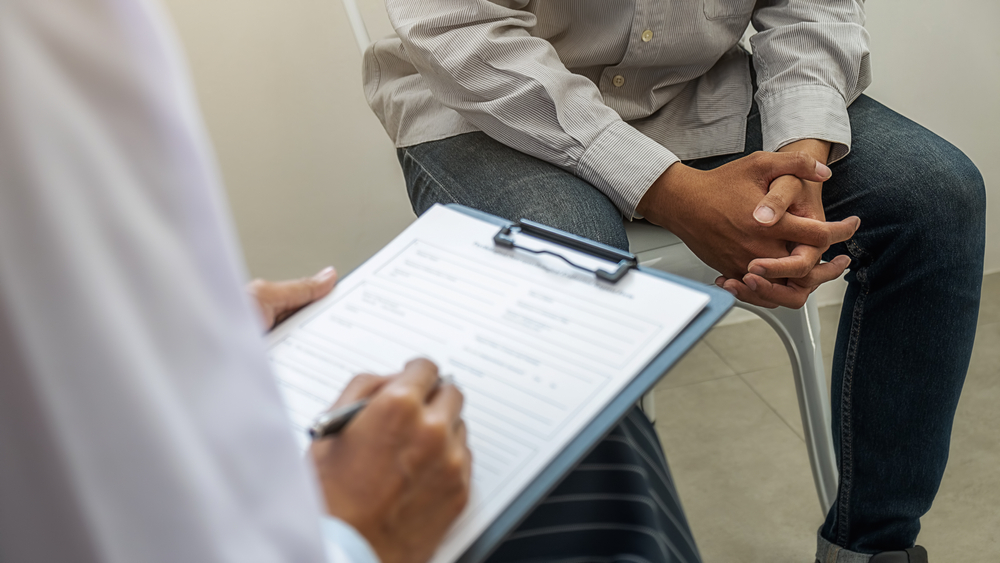Wageningen phytopathologist Gert Kema is extremely knowledgable on fungal diseases that threaten the banana production. For years, he sought partners and funding to develop resistant banana varieties. And, he finally found them.
An incredible volume of bananas are cultivated and consumed across the globe; some 40 million tonnes each year. Half this amount, making up almost the entire banana export to Europe and the United States, are Cavendish bananas. However, a fungal disease, Tropical Race 4 (TR4), is surreptitiously taking over and killing Cavendish bananas on the plantations. Kema mapped the spread of the disease over the past years and has warned about its devastating effect for a decade. He wants to breed new varieties that are resistant to Tropical Race 4.
Resistance genes
Theoretically, this is not all that complicated. As early as 2012 Kema and French researchers published an article in leading magazine Nature on the banana genome. In wild banana varieties (that are unfit for consumption) he discovered genes that are resistant to the fungal disease. He wanted to start a breeding programme to implant these genes into the Cavendish banana. The breeding programma was budgeted to cost millions of euros, but he expected the leading global banana producing companies (Chiquita and Dole, for example) to be willing to (co) finance the research. However, this plan failed.
Kema launched a company in order to develop resistant banana varieties with the help of international funding. He also aimed to solve another problem in the banana industry: the Black Sigatoka fungal disease. All Cavendish bananas are clones, so essentially genetically identical, which makes them vulnerable for diseases and plagues by definition. Kema wanted to create sustainable banana cultivation with sufficient genetic variation, thus, the development of several local banana varieties.
Keygene
He succeeded, thanks to breeding company Keygene and the Bill and Melinda Gates Foundation. The Phytopathology chair group, where Kema is a professor, has collaborated with Keygene for several years now on the banana’s genetics. Fernando Garcia-Bastidas, for example, one of Kema’s PhD students, mapped the resistance of several hundreds of banana varieties and is currently employed by Keygene to work on resistant bananas.
The Gates Foundation now funds follow-up research focussed on developing new resistant varieties in Africa. To this end, Wageningen researchers collaborate with the International Institute of Tropical Agriculture (IITA) in Nigeria, responsible for coordinating the Accelerated Breeding of Better Bananas research programme.
In Africa, the banana is not merely a snack as it is in many western countries, but a staple food. The various diseases and plagues result in a much lower yield than under ideal circumstances. This breeding programme for resistant bananas could potentially make a huge difference for the African farmers.

 Gert Kema. Photo: Guy Ackermans
Gert Kema. Photo: Guy Ackermans 

